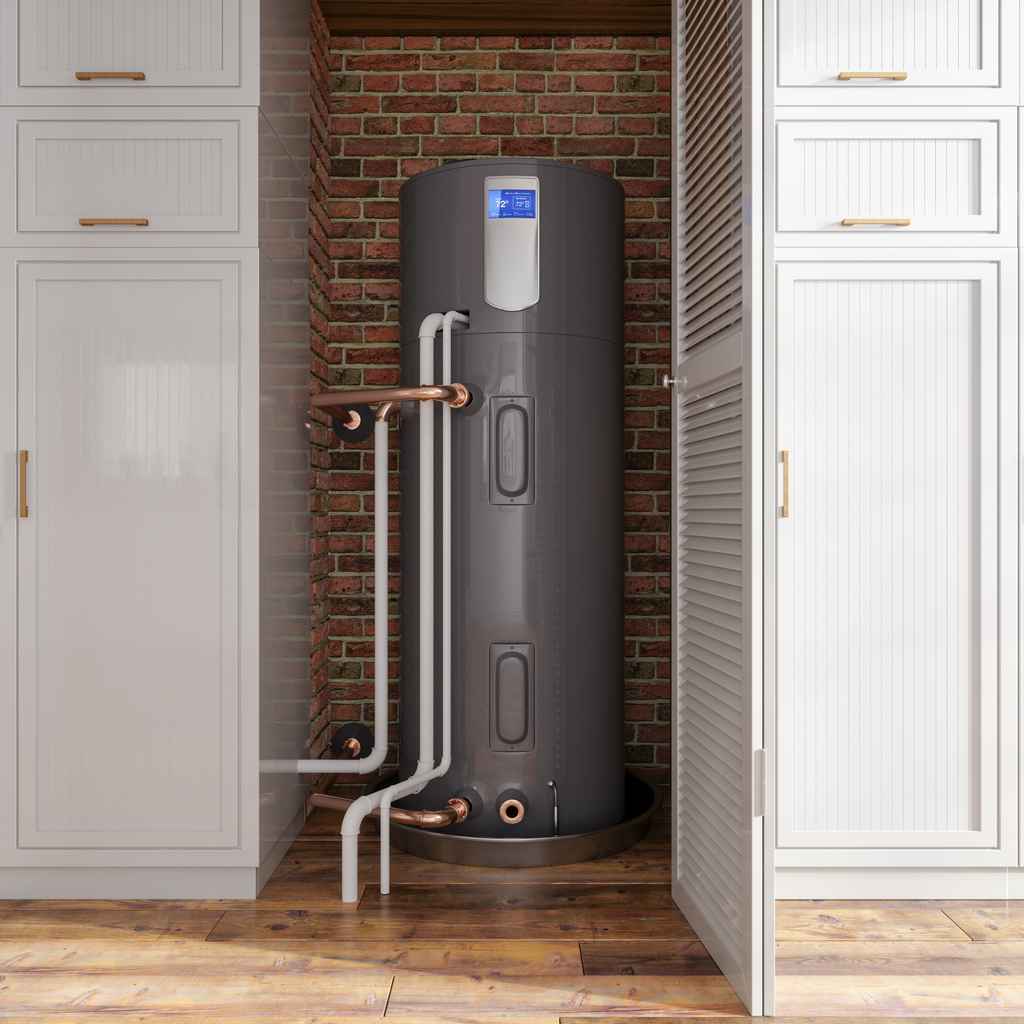
How Long Do Water Heaters Last?
A standard water heater isn’t designed to last forever—but just how many years can you expect from it? On average, a traditional tank-style water heater lasts about 8 to 12 years, while a tankless water heater can often go 15 to 20 years with proper care. Several factors, like water quality, maintenance habits, and usage patterns, play a big role in determining the exact lifespan.
This is a common concern among homeowners because water heaters usually show subtle signs of wear before they break down completely. If ignored, those small issues can lead to major headaches—like water damage from leaks, total loss of hot water, or a spike in energy costs. Knowing how long your water heater should last helps you stay one step ahead of costly emergencies and plan for a replacement before you’re left in the cold.
Warning Signs Your Water Heater Might Be Failing
Over time, your water heater will begin to show signs that it’s wearing down. Catching these red flags early can help you avoid a sudden breakdown—and possibly even extend your system’s lifespan.
Common Signs It’s Nearing the End
Keep an eye out for these warning signs around your home:
- Inconsistent or No Hot Water: If your water fluctuates between hot and cold or doesn’t heat at all, your system may be struggling.
- Strange Noises: Rumbling, popping, or banging sounds from the tank are often caused by sediment buildup.
- Rusty or Discolored Water: This could point to corrosion inside the tank or pipes.
- Leaks Around the Tank: Even a small puddle is a sign of trouble and should never be ignored.
- Higher Energy Bills: A failing heater often works harder and less efficiently, driving up your monthly costs.
Why These Problems Happen
Most of these symptoms come from wear and tear over time, but here are some specific causes:
- Sediment Buildup: Minerals from hard water settle at the bottom of the tank, reducing efficiency and damaging components.
- Corrosion: Older units naturally begin to rust, especially if the anode rod hasn’t been replaced.
- Worn Out Parts: Heating elements and thermostats degrade over the years, affecting performance.
- High Water Pressure: Too much pressure strains the tank and shortens its lifespan.
- Lack of Maintenance: Skipping yearly flushes or checkups speeds up wear and tear.
How to Extend the Life of Your Water Heater
If your water heater is showing signs of wear—or if you simply want to keep it running as long as possible—there are steps you can take right now. Some solutions are simple enough for homeowners to handle, while others require a professional’s touch to avoid further damage.
Simple DIY Maintenance Tips
These easy tasks can help you maintain your water heater’s performance:
- Flush the Tank Once a Year: This removes built-up sediment that can cause overheating, strange noises, and tank damage.
- Test the Pressure Relief Valve: Lift the valve handle briefly and listen for a rush of water—if nothing happens, it may need replacement.
- Lower the Thermostat Setting: Keeping your water heater around 120°F reduces wear, saves energy, and prevents scalding.
- Check the Anode Rod: This rod attracts corrosion away from the tank walls. Replacing it every few years can significantly extend the tank’s life.
- Insulate the Tank and Pipes: Especially in colder climates, adding insulation helps retain heat and reduce energy use.
When It’s Time to Call a Professional
Some problems go beyond basic maintenance and require a licensed expert:
- Visible Rust or Tank Leaks: These typically mean the inner tank has corroded and the unit needs to be replaced.
- Persistent Water Temperature Issues: Fluctuating hot water is often a sign of a failing heating element or thermostat.
- Age Over 10 Years With Frequent Issues: If your unit is more than a decade old and showing multiple warning signs, a professional can advise whether repair or replacement makes more sense.
- Unusual Noises After Flushing: If sediment flushing doesn’t solve the problem, there could be damage to internal components.
- Pilot Light or Electrical Issues: Gas and electric systems both require careful handling to stay safe—leave this to the pros.
Tips to Help Your Water Heater Last Longer
Routine care is key when it comes to keeping your water heater running efficiently for as many years as possible. By staying proactive, you can catch issues early, improve performance, and delay the need for a costly replacement. Here are some helpful tips to keep your system in top shape:
- Schedule Annual Inspections: A professional checkup can catch early signs of wear, corrosion, or damage before they become big problems.
- Flush the Tank Every 6–12 Months: This helps prevent sediment buildup, which can strain your unit and lower its lifespan.
- Replace the Anode Rod Every 3–5 Years: Doing this will protect your tank from internal rust and corrosion.
- Keep the Area Clear: Make sure there’s enough space around your water heater for airflow and safety. Avoid stacking boxes or storage items nearby.
- Install a Water Softener (if Needed): Hard water can accelerate mineral buildup and reduce efficiency. A softener can help your heater stay clean inside.
- Monitor for Changes: Pay attention to shifts in water temperature, pressure, or color. These are often early signs that something needs attention.
- Insulate Pipes and the Tank: Especially important during the colder months to prevent heat loss and boost performance.
When to Repair or Replace Your Water Heater
Your water heater might not be something you think about daily, but when it stops working, it quickly becomes a top priority. Knowing how long water heaters typically last—and recognizing the signs of wear—can help you avoid emergency replacements and uncomfortable cold showers. Whether you’re handling routine maintenance or starting to notice some concerning symptoms, staying informed and proactive can make all the difference.
If your system is showing signs of aging, or if you just want a professional’s opinion, don’t wait until you’re out of hot water. SoGood Plumbing, Heating & Air is here to help with inspections, maintenance, and expert guidance on whether to repair or replace your unit.
Contact SoGood Plumbing, Heating & Air today to schedule your water heater service and keep the hot water flowing!
Recent News
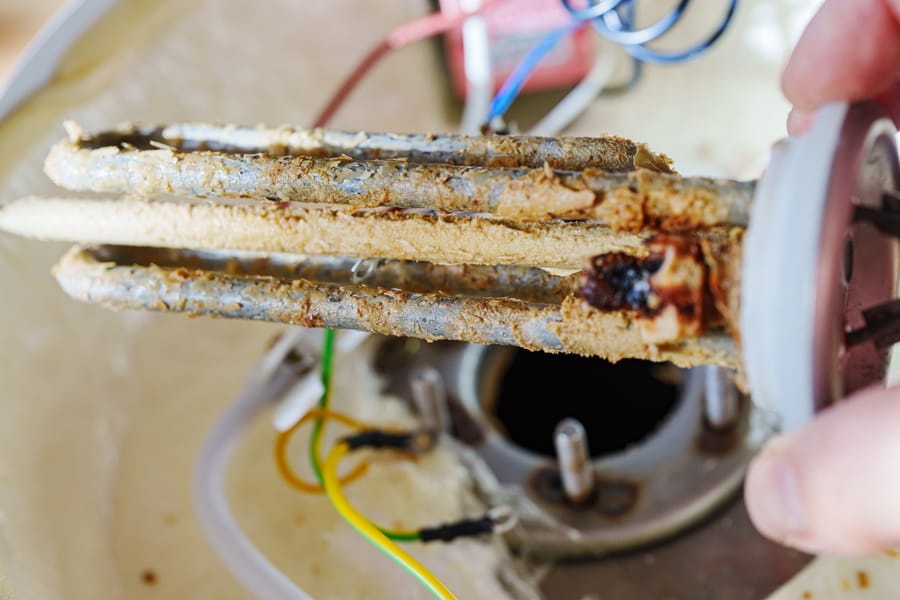
Hard Water vs. Your Water Heater: Why Chesterfield & Hanover Homes Need a Protective Strategy
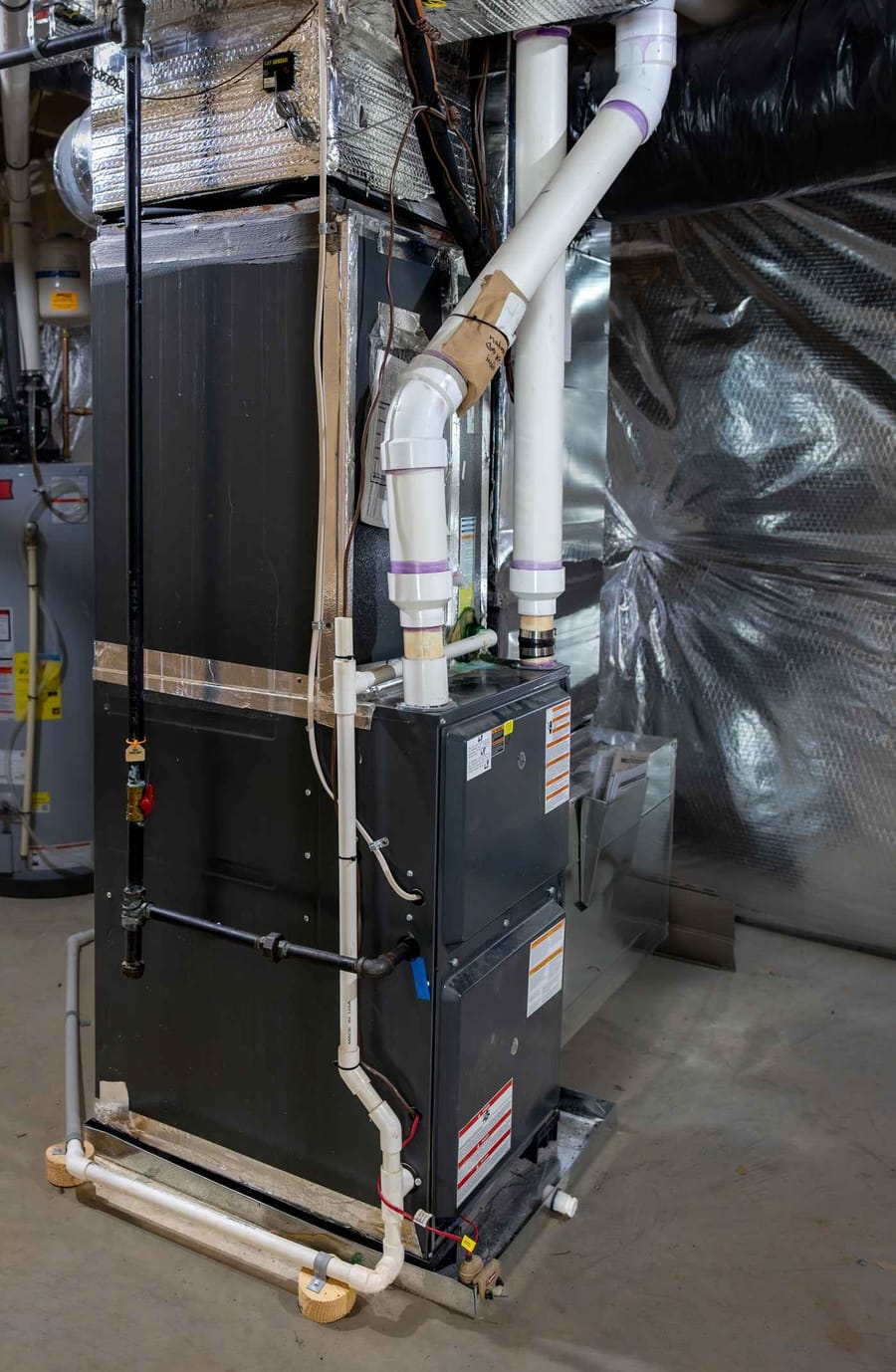
When to Replace Your Furnace vs Repair: Central Virginia Edition

How Richmond’s Aging Homes Create Hidden Plumbing Challenges in Winter

Why Sudden Cold Spells in Central Virginia Overwork Heating Systems
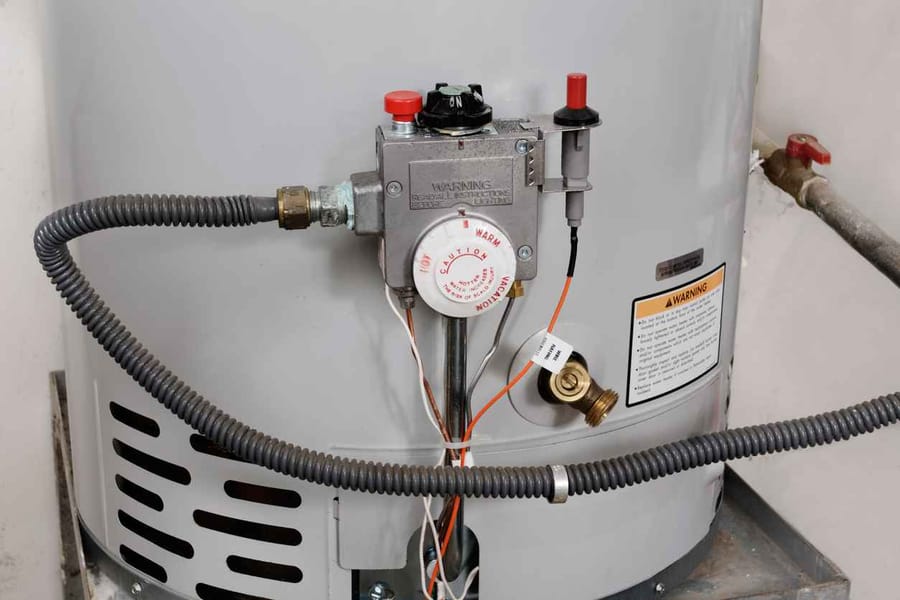
Is It Time to Replace Your Water Heater? 6 Signs RVA Homeowners Shouldn’t Ignore
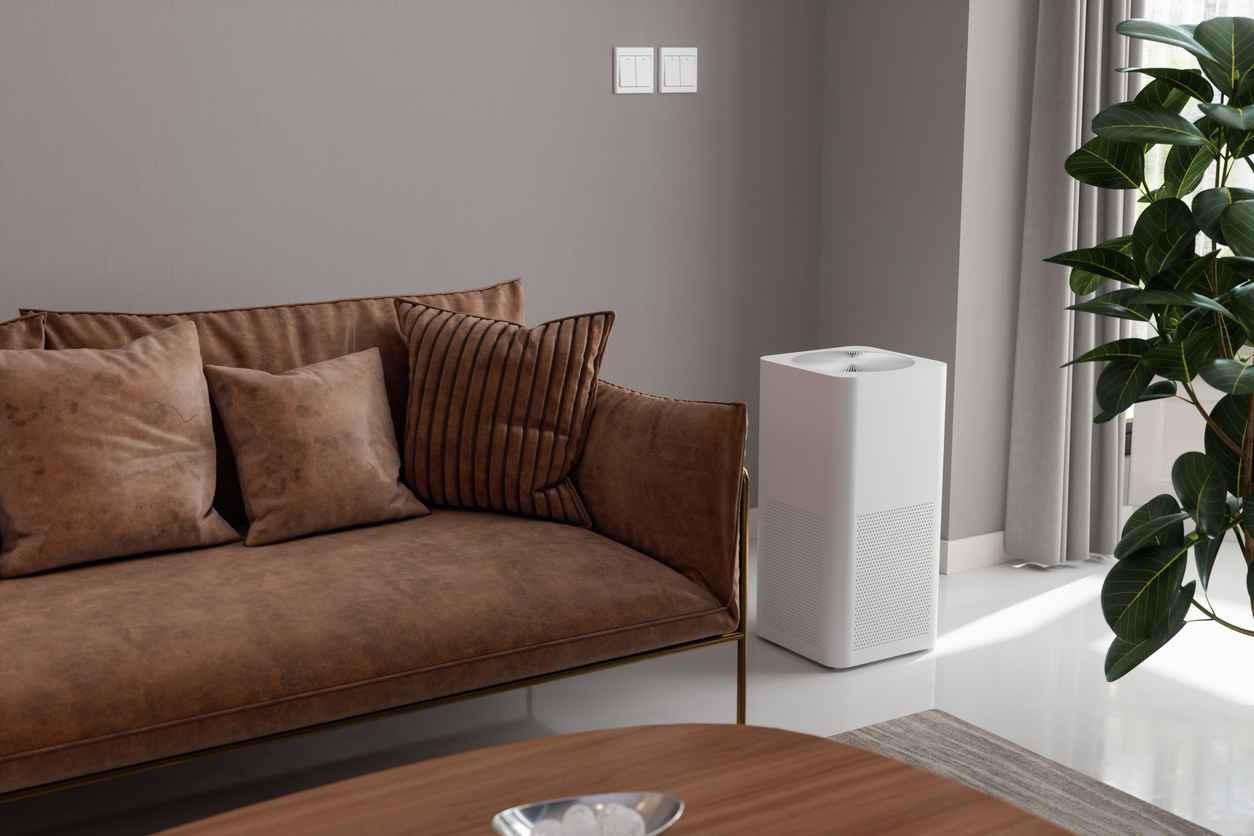
Top 10 Indoor Air Quality Myths & How to Test Your Home in RVA

